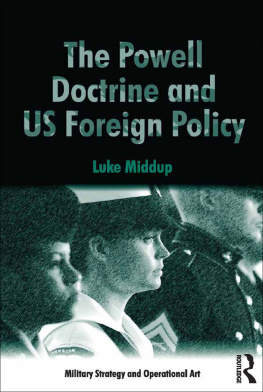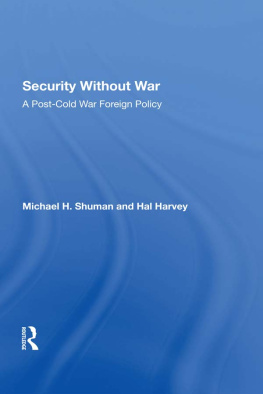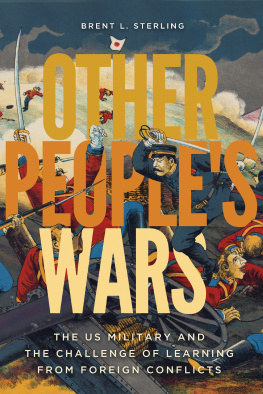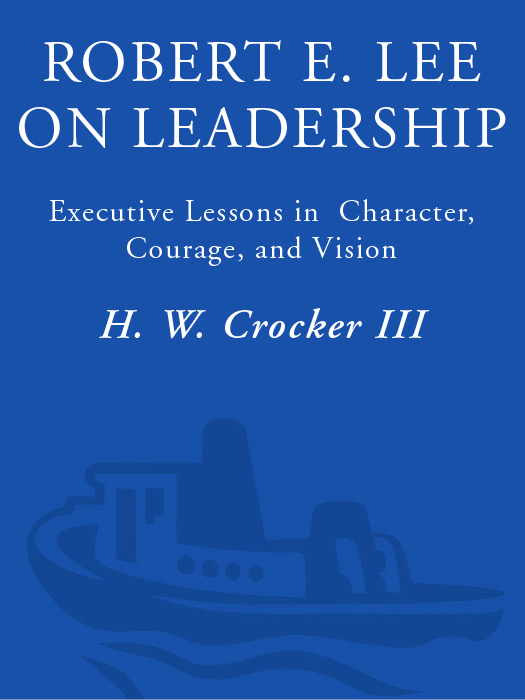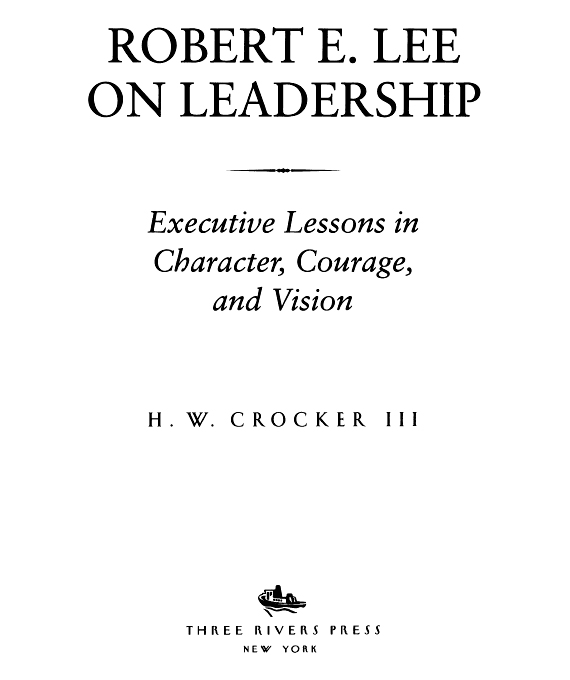Praise for Robert E. Lee on Leadership
Robert E. Lee on Leadership is not only the best brief biography of Lee that I have found, but the presentation of leadership principles extracted from and organized around the various periods of Lees life is superior even to the popular books by Stephen R. Covey.
BRYANT BURROUGHS, associate editor, The Southern Partisan
In very readable prose, Crocker reviews Lees career not only in the military but as a farmer and college president. Thought-provoking ideas for todays present and future leaders.
Library Journal
Harry Crocker has provided a great service by reminding us through this moving and tightly written biography that winning isnt the only thing: faithfulness and honor live in our memories after the guns are silent.
MARVIN OLASKY, author of the bestselling Renewing American Compassion and The American Leadership Tradition
It appears to be a sacrosanct duty of leftist college professors to destroy American heroes, one brave soul at a time. That wont happen to Robert E. Leenot if H. W. Crocker III has anything to say about it. And he does. In fact, Crockers Robert E. Lee on Leadership not only stands boldly athwart the revisionist bent of the radical historicists; it also locates nuggets of wisdom on the leadership style of Americas greatest military genius.
Campus
There is much to be gained by reading this book, which is like bolting down a glass of cold water on a hot day.
Human Events
Crocker captures the essential Lee.
DOUG BANDOW, The Washington Times
Robert E. Lee on Leadership gives us more than an account of battles, it gives us an accurate and sensitive portrait of the heart of Lee.
One Sword at Least
But leadership is only courage and wisdom, and a great carelessness of self.
PROLOGUE
THE GREY FOX
T HEY CALLED HIM the Grey Fox, and with good reason. Packs of blue-coated hounds, led now by General Ulysses S. Grant, had tried for three years to run him to ground, and failed. Every time he seemed cornered, he fooled his pursuers, snapped at their heels, and sent them scurrying away. Now shells were exploding around him. His steady, dapplegrey horse, Traveller, exhibiting a sort of sixth sense, reared as shot plunged through the smoke of battle, passing under his belly, sparking beneath the spurs of General Robert E. Lee. Lees brown eyes glinted; the Grey Fox was going to strike again. Outnumbered as always, nearly two to one, his lines dissolving under an assault by the better-fed, better-clothed, better-equipped Union foe, Lee turned Traveller toward the enemy. With gauntleted hand, he brushed dirt from the broad chest of his grey uniform. His jaw clenched. He would counterattack.
Go back, General Lee! For Gods sake, go back! the men shouted, as they had done at the Wilderness, and as they had done again only the day before, as their beloved general rode to the front, unarmed but apparently preparing to charge the Federalsthose peopleand push them back himself.
If you promise to drive those people from our works, I will go back, Lee replied.
The men rushed forward, yelling their promise, and slammed into their former entrenchments, driving the Federals out of them. The battle raged all day at the Bloody Angle to the north of Spotsylvania Court House, until nearly 10,000 Confederates and 18,000 Federals were lost as casualties. Even the relentless Grant, who was willing to fight it out on this line if it takes all summerwhich it would, and longerand who was willing to suffer any number of losses in ceaseless pursuit of Lee, waited nine days for 30,000 fresh reinforcements before renewing his attack, numbers that werent available to Lee.
Grants reinforcements, however, wouldnt be enough. The Grey Fox was still too clever, still packed too much of a bite, however tattered, hungry, and desperate his forces appeared.
We must strike them a blow, said Lee. And they did, stinging blows that cost Grant nearly 1,700 casualties a dayat least 50,000 men in the single month of May 1864. While victory for the South seemed increasingly impossiblewith Atlanta besieged and the Norths massive superiority in industry and manpower weighing heavilydefeating Lee seemed equally impossible, unless he and his Army of Northern Virginia could be ground into dust in a pounding war of attrition that counted no costs, that was willing to lose two men to every one of Lees, and that would continue until every last remnant of Lees gallant army was starved, weaponless, or dead.
In fact, the war would last for eleven more months; its close at Appomattox Court House was one of the most poignant moments in American history, with Lees General Orders No. 9, his farewell to the Army of Northern Virginia, becoming the funeral ode for the Lost Cause, the Gettysburg Address of the South:
After four years of arduous service, marked by unsurpassed courage and fortitude, the Army of Northern Virginia has been compelled to yield to overwhelming numbers and resources.
I need not tell the brave survivors of so many hard-fought battles, who have remained steadfast to the last, that I have consented to the result from no distrust of them.
But, feeling that valor and devotion could accomplish nothing that could compensate for the loss that must have attended the continuance of the contest, I determined to avoid the useless sacrifice of those whose past services have endeared them to their countrymen.
By the terms of the agreement officers and men can return to their homes and remain until exchanged. You will take with you the satisfaction that proceeds from the consciousness of duty faithfully performed; and I earnestly pray that a merciful God will extend to you his blessing and protection.
With an increasing admiration of your constancy and devotion to your country, and a grateful remembrance of your kind and generous considerations for myself, I bid you all an affectionate farewell.
One should never underestimate what the War Between the States cost Robert E. Lee. A successful soldier, he was not used to defeat. Now he had lost his home, his career, and virtually all his worldly goodsincluding his carefully harbored savings and investments. Worse, he had suffered the premature death of a daughter, a daughter-in-law, two grandchildren, and countless colleagues and friends. A patriot who had devoted his life to the service of his country, who venerated George Washington, who was the son of a Revolutionary War hero (Light Horse Harry Lee), and who had married Martha Washingtons great-granddaughter, was now deprived of his citizenship and liable to be tried for treason. His home state of Virginia was under occupation, its citizens deprived of their rights, its fields, towns, and cities devastated by the Unions policy of total war.
And yet and yet, Lee was not defeated. Soon after the wars end, he was increasingly regarded not merely as a military genius but as someone to be venerated by the South and by the North, to be venerated, indeed, throughout the Western world as a great man.
As Winston Churchill would later write, Lee was one of the noblest Americans who ever lived, and one of the greatest captains known to the annals of war.



